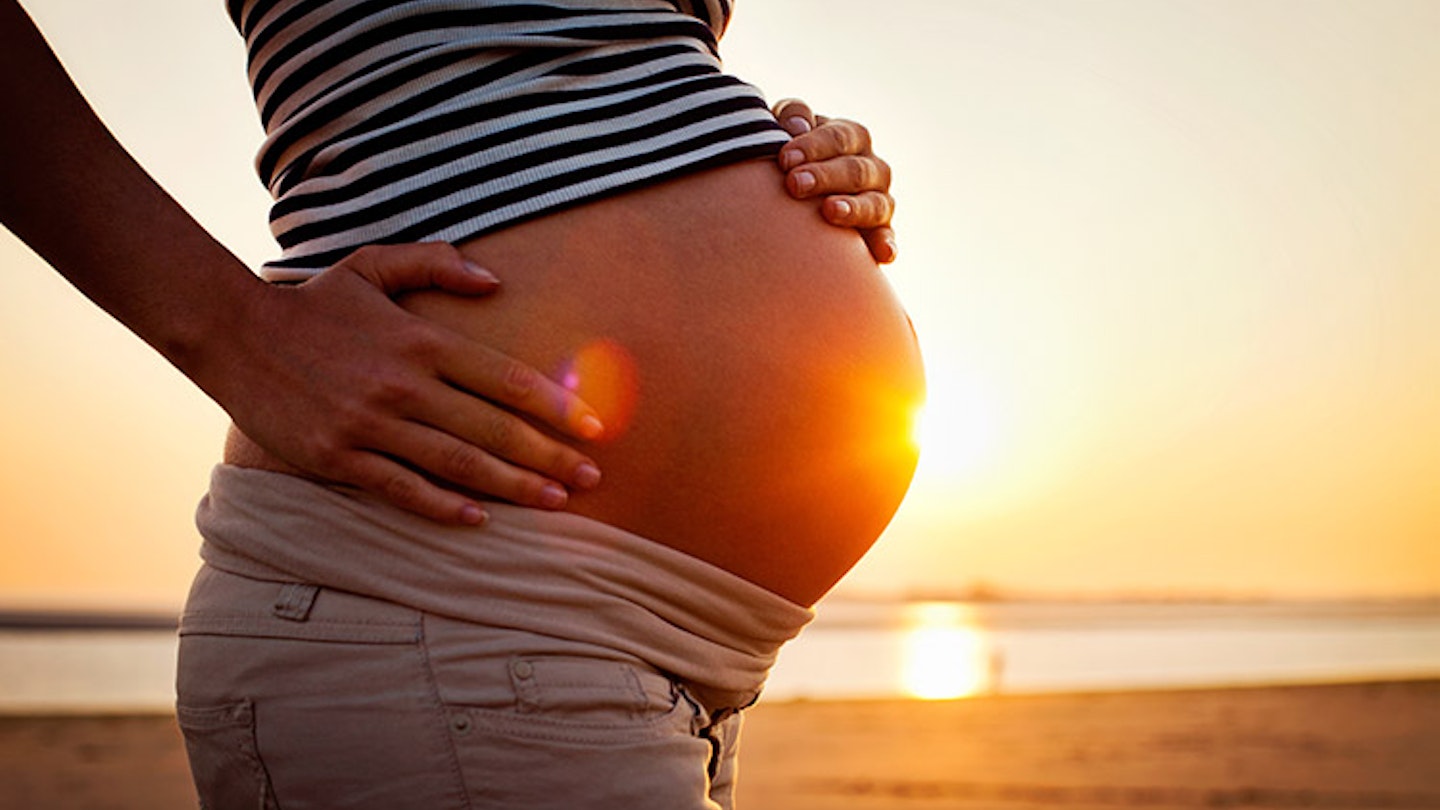Share
• min read

Exploring Travel During Pregnancy
As an author and journalist with a passion for travel, my career has allowed me to explore numerous destinations. When I became pregnant, I knew I had to adapt my travel style, but quitting travel entirely was not an option. During my first pregnancy, I beautifully balanced trips to exciting locations such as Côte d’Ivoire, Brazil, and France. These experiences were manageable and rewarding. In fact, traveling with a baby bump proved to be much easier than managing with babies and toddlers later on. Therefore, my advice to expectant parents is to seize opportunities to travel before the baby arrives!
Health Considerations
Health check: Each pregnancy is unique, so it’s crucial to consult with your doctor or midwife to ensure it’s safe for you to travel. My healthcare providers were very supportive.
Insurance: Travel insurance provisions vary widely based on your location, thus reviewing the fine print is essential. It’s recommended to shop around to find a policy tailored to your needs. Generally, if you’re a European traveling within Europe and have a trouble-free pregnancy, most policies will cover you. Always carry your medical notes on your travels, in case of emergencies. However, be aware that some countries have specific cut-off policies for pregnant travelers; for instance, no insurance provider in Australia will cover pregnant women past 32 weeks.
Flying: Restrictions concerning air travel for pregnant women often depend on the stage of pregnancy. Typically, the cut-off for travel within Europe is 36 weeks for single pregnancies, and 32 weeks for multiples. After 28 weeks, some airlines require a confirmation letter from a healthcare provider regarding your due date and pregnancy health. It’s also important to stay hydrated, move frequently during the flight, and consider wearing compression socks to mitigate the risk of deep vein thrombosis.
Ferries and cruises: Ferry companies generally accommodate pregnant travelers into their third trimester, although regulations vary. Cruise companies have stricter policies, often not allowing pregnant women to travel past 24 weeks. Check specific rules with your cruise operator before booking.

Health Risks: Malaria, Zika, and Dengue Fever
Traveling to areas where malaria is prevalent requires careful consideration, especially during pregnancy when immunity is reduced. Most health experts advise against traveling to these regions. However, if travel is unavoidable, be aware that few prophylactic options may be available, and some medications are contraindicated.
My preventative strategy included using protective clothing and avoiding high-risk areas as much as possible. While powerful insect repellents like DEET aren’t recommended during the first trimester, consulting with a healthcare provider about safe alternatives is crucial. I employed various strategies to avoid mosquito bites, including wearing long sleeves and using air conditioning.
Food and Drink Choices
Food and drink restrictions can be a source of frustration during pregnancy. As a food enthusiast, surrendering items like unpasteurized cheese in France or cocktails in Brazil felt tough. Nonetheless, I found that most people were immensely accommodating. For instance, in Corsica, restaurant staff were more than willing to verify the safety of various cheeses.
By following standard food safety precautions, such as consuming safe drinking water and thoroughly cooked meals, I minimized food poisoning risks throughout my travels.
Activity Levels
While certain adrenaline-pumping activities may no longer be suitable, being pregnant doesn’t entirely curb your adventure spirit. I covered several beautiful hikes in Corsica and enjoyed cycling and kayaking during my time in France. Likewise, swimming and hiking were highlights of my trip to Brazil. Always consult your healthcare provider regarding activity levels that are safe for your particular pregnancy situation.

Choosing Appropriate Clothing
Comfortable clothing is a must during pregnancy. I utilized my regular wardrobe until around three months but soon realized the necessity for maternity trousers during my travels. You might want to consider investing in a proper maternity wardrobe early on. In Brazil, I outfitted myself with comfortable maternity jeans, cropped trousers, and casual dresses. Opt for swimwear that allows you to feel comfortable while showcasing your baby bump.
Cultural Sensitivity
Being visibly pregnant can elicit varied responses from different cultures. In Mediterranean or Latin regions, you may face unexpected attention or even touching of your bump. While some may express disapproval regarding your travels, you’re equally likely to experience kindness and warmth from others, making it a unique part of the adventure.
This article was first published in July 2014 and updated in December 2019.





